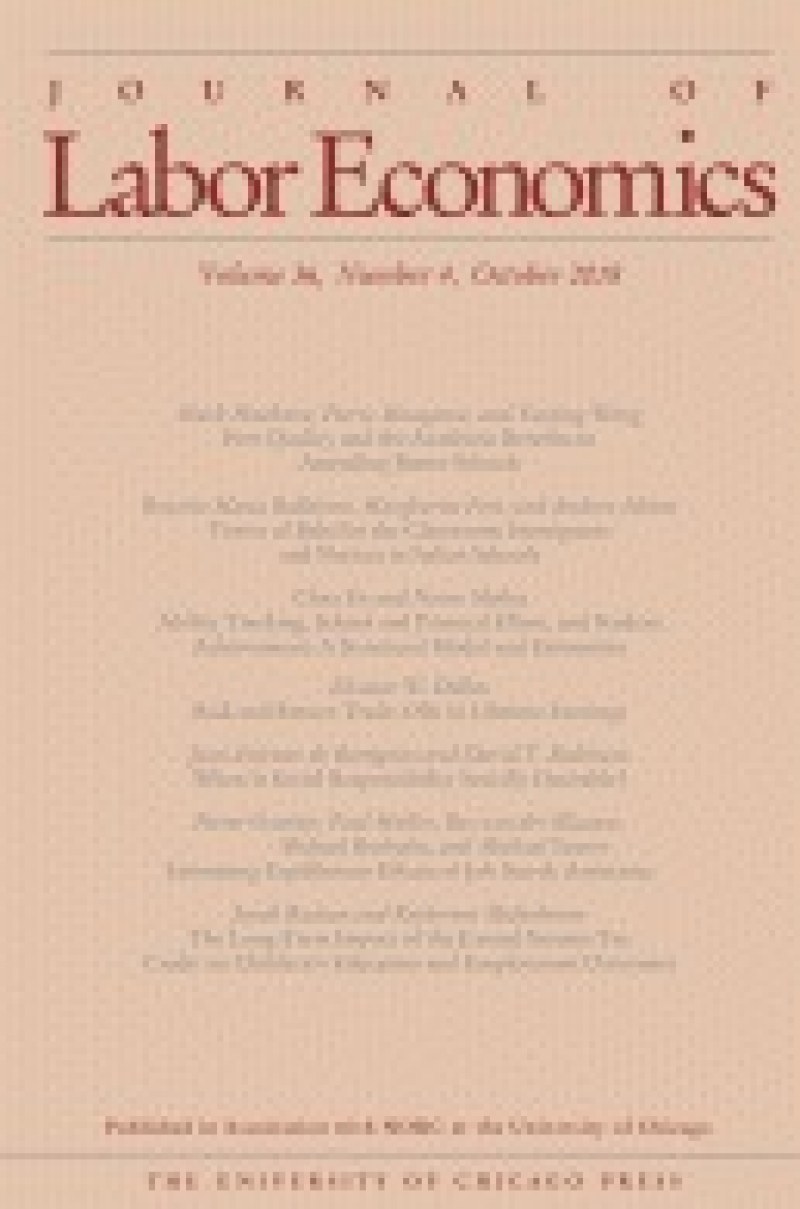Abstract
Identifying policy relevant treatment effects from randomized experiments requires the absence of spillovers between participants and nonparticipants (SUTVA) or variation in observed treatment levels. We find that SUTVA is violated for a Danish activation program for unemployed workers. Using a difference-in-difference model we show that nonparticipants in the experiment regions find jobs slower after the introduction of the program, relative to workers in other regions. We estimate an equilibrium search model to identify the policy relevant treatment effect. A large-scale roll out of the program is shown to decrease welfare, while a standard partial microeconometric cost-benefit analysis concludes the opposite.
Article Citation: Pieter Gautier, Paul Muller, Bas van der Klaauw, Michael Rosholm, and Michael Svarer, ‘Estimating Equilibrium Effects of Job Search Assistance,’ Journal of Labor Economics, Vol 36, Issue 4 (October, 2018), pages 1073-1125.
